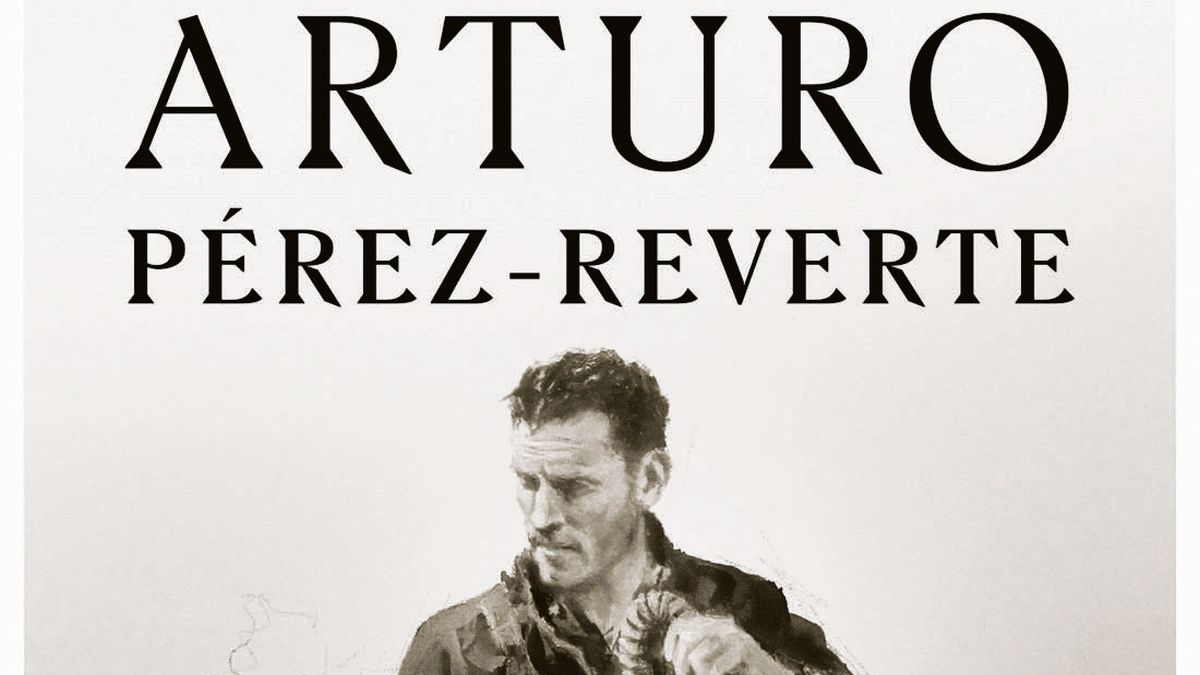In “Falcó”, a trilogy of adventures in the Civil War by Arturo Pérez-Reverte, Lorenzo Falcó is a Francoist spy, a Falangist scoundrel, “a tough guy from the national ranks, a patriot” who sets out to rescue José from prison Antonio Primo de Rivera; has rapturous sexual encounters with a Bolshevik spy and sinister sabotage actions. In “The Italian”, the Venetian noncommissioned officer Teseo Lombardo, combat diver of the Orso Maggiore group of Mussolini’s naval squad, led by the fascist chief June Valerio Borghese, carries out actions of sabotage. Between 1942 and 1943 they sank 14 allied ships in Gibraltar and the bay of Algeciras with manned torpedoes in suicide operations. Theseus (the central characters have mythological names), after an attack on a British ship, appears dying on the beaches of Algeciras. Fate makes the dog Argos de Elena (Arbués) discover it, 27 years old, widowed for two years, owner of the “Circe” bookstore, who decides not to hand it over to the English guards, take it home, revive it and deliver it to his fellow travelers. The crush is served. Although he has several “naval novels” (“The spherical letter”, “Corsarios de Levante”, “The queen of the South”, among others) this is perhaps the first fully romantic Pérez-Reverte, with an unforgettable protagonist, and without lose the traditional “revertian adventures”. The story matches the times and the narrators. The main one is a kind of alter ego, “a young journalist, a reporter between continuous trips, who liked stories of the sea, who was not a novelist at the time nor did he think he would be, who decides to do interviews to rescue the history of those heroics Fascist soldiers whose emblem was a skull biting a rose and their motto “always remember to dare.” A group of males, simple and brute, who had plenty of guts and testosterone, militants of the cult of courage. It has been said that Pérez-Reverte’s current cycle is one of “aideological novels” (although it may not seem like it) because he explains that “only idiots believe that those on their side are all good”. Full of dialogues that encourage the narrative rhythm, characters of rapid identification, a style that refers to the cinema, the author of “The Dumas club”, with this “story of love, sea and war”, achieves one of his great novels.
Source From: Ambito
David William is a talented author who has made a name for himself in the world of writing. He is a professional author who writes on a wide range of topics, from general interest to opinion news. David is currently working as a writer at 24 hours worlds where he brings his unique perspective and in-depth research to his articles, making them both informative and engaging.




